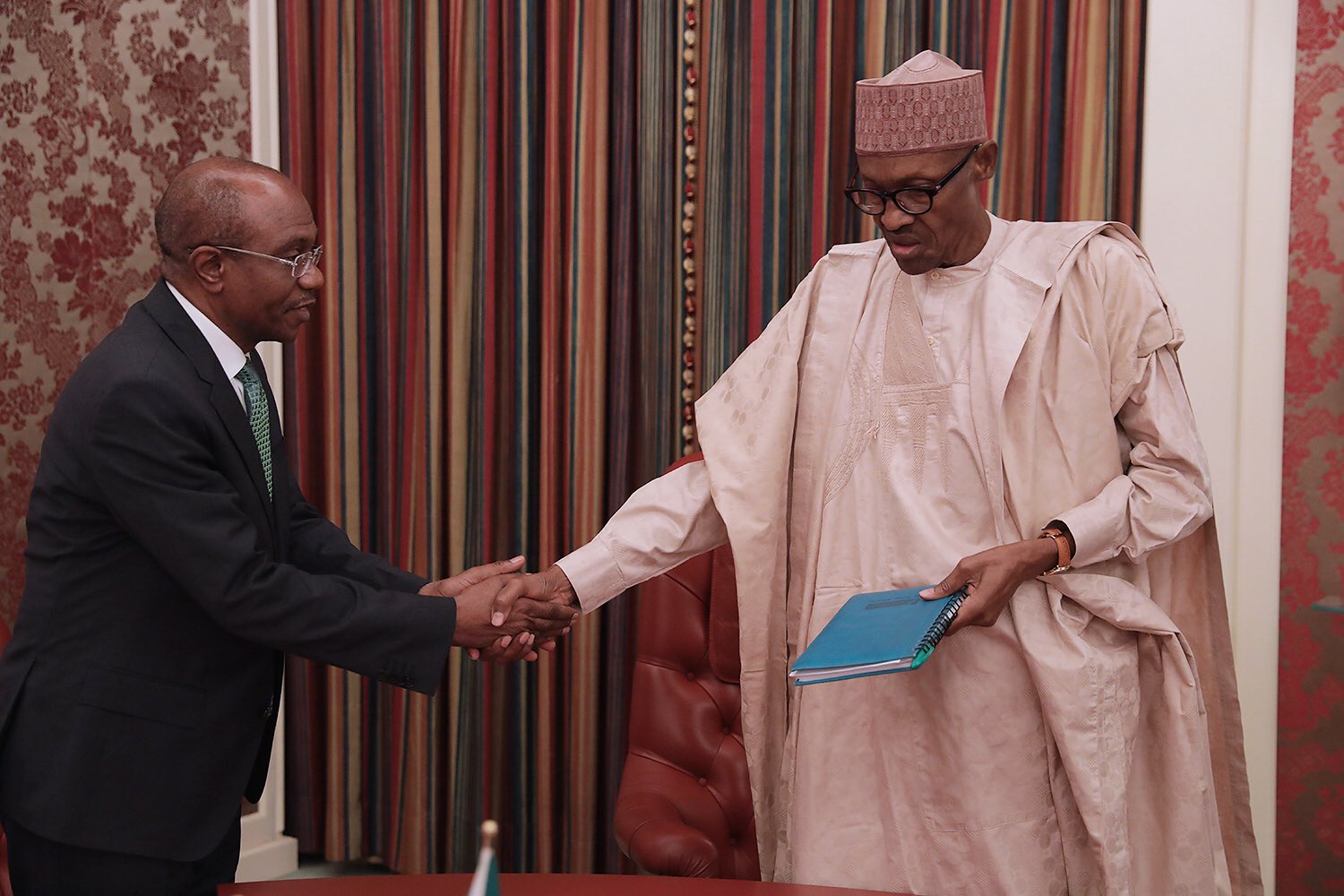In case you missed the first part of this article. You can get it here
Nairametrics| At this juncture, while I am willing to agree to the merits of a market determined FX regime, I believe that an exchange rate system is not an end in itself but a means to an end or ends, which are a fairly reasonable FX allocation system and a fairly valued exchange rate. I used the words fairly valued as exchange rate markets are never perfect in that they do not lead to a price which reflects the fundamental value of a currency as dictated by purchasing power parity (PPP). Indeed, despite its rationally pleasing merits, no one is yet to empirically observe PPP convergence, it’s a purely long run concept which is meaningless in the realm of mere mortals. That said, how we do allocate FX as the present system looks made up for corruption. It allows the CBN to pick winners and losers; it is for underhand dealings; and is merely a sitting duck for the next current account crisis.
In truth, I do not have any answer to this but I believe the solution to our FX problems requires a more common-sense thought driven process vs. a dogmatic adoption of theoretically rooted ideas. But I will proffer a few ideas on how we can adapt to the prevailing institutional arrangements.
- Permit flexible interbank FX trading around a range but be flexible enough to adjust the range higher when changes in the external sector mandate these changes: Given our economic structure and the nature of FX markets, it is pointless to have a pre-set rate as the apex bank is currently tugging at with the N305 or is it N360 number. Indeed our recent experience has shown that commitment to hard pegs lead to ruin. As I have always stated, the exchange rate is a price, and prices must move. Rather adopt the concept of band determined on the CBN (as well as possible 3rd party independent assessment of where the FX trading range should be to ensure credibility) around which CBN sales to the market would take place. While the apex bank can and should intervene, this should be guided by the notion of stemming volatility and preventing overshooting. Importantly, the CBN should help foster the notion of two-way risks, which should guide more measured pricing by economic agents. Do not pre-commit to any level for the exchange rate.
- Transparency: Given its position, the CBN should provide more data on demand and non-CBN supply conditions, and encourage analysis of key macroeconomic variables to allow better development of price discovery notions in FX markets. The apex bank should also provide greater transparency on its interventions. Some countries publish this information readily. Importantly, is that the apex bank should ensure that as much FX market reporting takes place under systems that can be readily reported and captured. A more transparent interbank FX market helps liquidity and diminishes the importance of the parallel market.
- Continue to encourage independent FX valuation and reporting: This is perhaps controversial as forecasting exchange rates is fraught with difficulty. However, while short run forecasts often miss the point, evidence exists that medium to long term currency forecasting based on trends in the balance of payment is directionally accurate. Some agency, perhaps a team of Nigerian economists, should provide a bi-annual report submitted to the fiscal side or some serious body on the currency market. This is particularly important during periods of rapid changes in the external environment e.g. oil prices.
- Monitoring and compliance: Nigerian banks often see FX as a leeway out of their underlying asset quality and slack earnings growth issues. Although the numbers are still trickling in, most financial reports for 2016 out thus far show that banks relied on FX gains to ride through the macro storm. In most jurisdictions, a separate body not the CBN clamps down on FX market violations. I think banks should be made to feel the full wrath of the law for any infractions on FX, and a separate body should be on hand to investigate and hand out punitive sanctions with board-level jail-like ramifications for culprits. Since the days of Joseph Sanusi, we have been hearing reports of bank FX infractions and nothing happens, no one goes to jail and hand scratch fines are handed out. Till infractions become punitive, there will still be very strong incentive for banks to take advantage of FX markets
- Commit to transition timeline to floating: No country floats overnight, it begins as a process with key checklists before eventual full floatation. Nigeria can set out a 3-5year timeline to transit to a flexible exchange rate regime. Floating for Nigeria is inevitable as the massive expansion in the size of our populace and the growing sophistication in their tastes implies that reserves cannot catch-up with import demand overtime. We need the flexibility option and would need to transit at some point. Setting out a schedule for an exit date allows participants plan and adjust appropriately. It allows the chance to garner consensus and set out key tasks on the path to floating.
While there are fears about delays, jumping into float without resolving the issue of CBN FX supply dominance, full floating will be foolhardy and will lead to dead-end as we’ve seen with floating last year. I close with this line from the IMF article I mentioned earlier- No single exchange rate regime is appropriate for all countries in all circumstances. Countries will have to weigh the costs and benefits of floating in light of both their economic and their institutional readiness. Duttagupta et al (2005)
References
Duttagupta. R, Fernandes G, and C Karacadag (2005) Moving to a Flexible Exchange Rate: How, When, and How Fast? IMF Economic Issues No 38.
